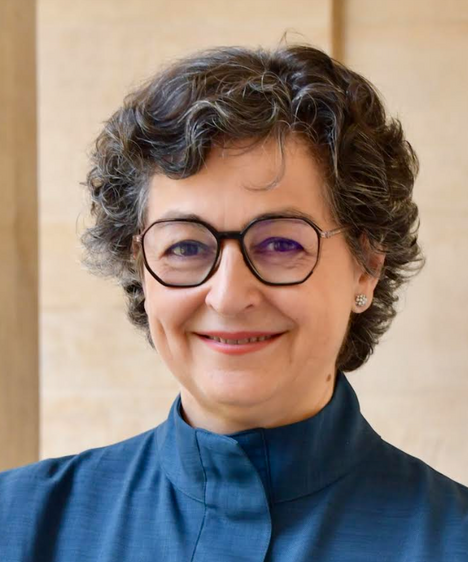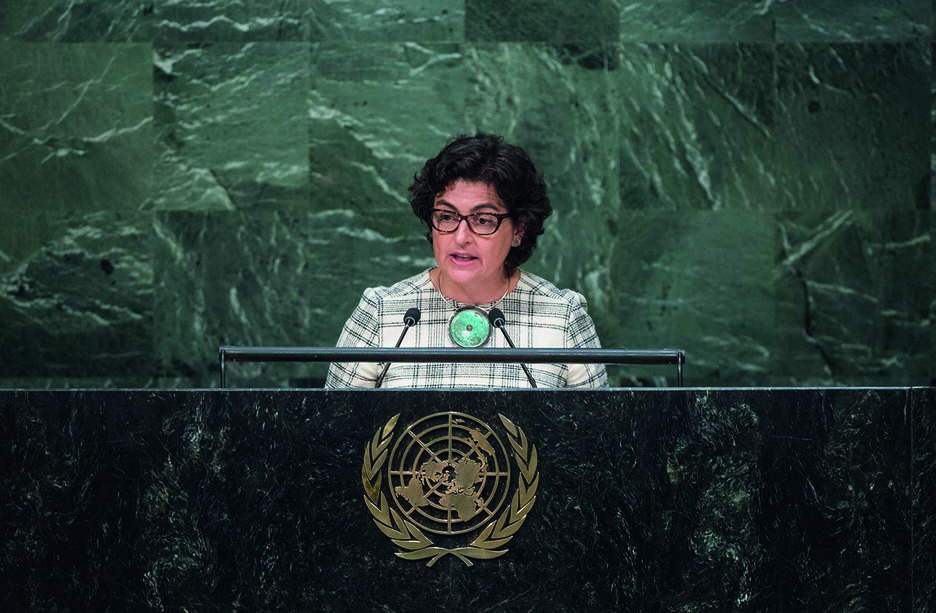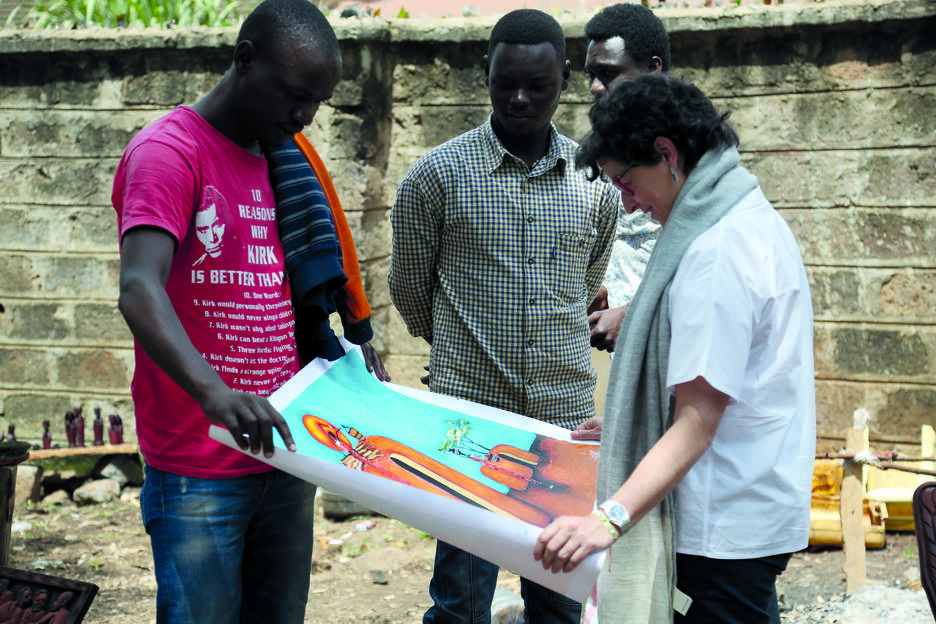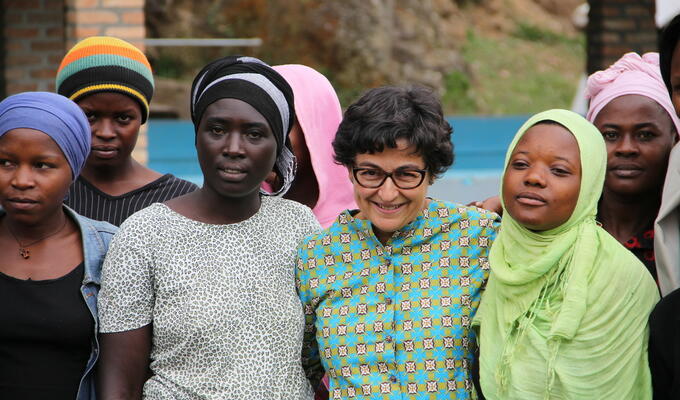
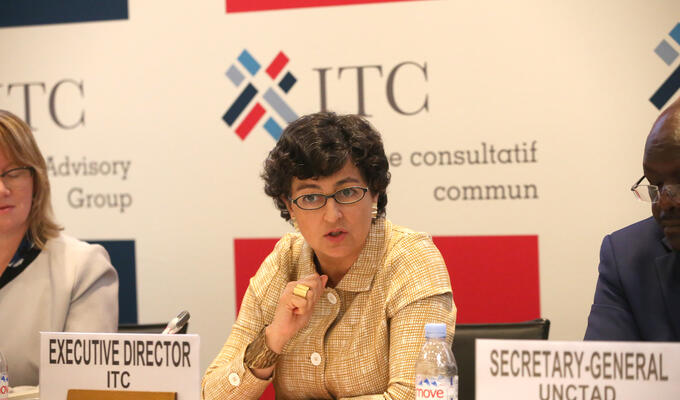
10 Questions with… Arancha González
Trade Forum caught up with former ITC Executive Director, Arancha González, to reflect on her time at ITC, as well as gain her perspective on the current trade landscape. Ms. González was the head of the organization from 2013-2020.
1. What did you want to be when you were growing up?
I wanted to be an archaeologist. I was fascinated by ancient civilizations and devoured C.W. Ceram’s “Gods, Graves and Scholars”. My dream was to travel to Greece, Egypt or Iraq to be part of an archaeological excavation to gather the remnants and data that will build the connection to our times.
2. What surprised you the most about your career path and why?
The most surprising thing about my career has been the turns it has taken! From European affairs in Brussels, to international trade governance in Geneva, on to making trade work around the world, then to foreign affairs in Madrid and now academia in Paris.
The lesson: there only is so much you can plan!
3. What is the best piece of advice you ever received? What is the worst?
Best piece of advice: do everything with integrity.
I don’t believe there is such a thing as bad advice: it is all about the learnings you take from it.
4. What was your first day at ITC like as the then-Executive Director?
It was exciting and humbling. I was greeted by a cadre of passionate, smart and hard-working staff and we immediately put our heads down to ‘scale up operations’. I spent that first day getting to know people, walking around and getting a feel for the space and the culture. Marité and Abdel made sure I found my way around. Together with Matthew, Nneka and Alex we rolled up our sleeves to prepare for a busy autumn in the Geneva trade community.
5. What are you most proud of from your time leading ITC?
Launching SheTrades. This has been transformational in placing women’s economic empowerment front and centre of the trade community’s agenda: from trade policy to trade finance, from trade and investment promotion to digital inclusion. We created a brand of excellence that has turned into a community of excellence with one key deliverable: equality.
And ITC was at the heart of this collective effort.
6. What are three things you appreciate most about ITC’s current work?
I appreciate the passion of staff, the innovative spirit of the organization and the commitment to sustainably connect the smallest and poorest to global markets.
7. How do you see ITC’s future role in shaping the trade-led development agenda?
Bringing in the small business perspective has always been ITC’s comparative advantage. It is important that ITC continues to have a seat at the big tables - from the UN to the WTO, from the G20 to the regional economic commissions around the world - so that the voices and priorities of the smallest and most vulnerable are not forgotten. Bringing the local to the global but also ensuring the global is accessible to the local.
8. What excites you the most about (working in) trade today?
It is challenging times for trade. Geopolitical rivalries and economic head winds; the climate crisis; the digital transformations; inequalities: these are all challenges and opportunities for the multilateral trading system. Trade has worked for development when the right global and domestic policies are in place, and I feel fortunate to be working at an academic institution like Sciences Po which helps build the next generation of leaders who will champion solutions to make trade work for all.
9. What would be a few “big wins” for trade and sustainable development in the coming years?
The first one is a recommitment to the multilateral trading system as the best avenue to avoid the risks and costs of trade fragmentation. The second is to better articulate trade and climate change – including on finance - in a cooperative manner, avoiding green unilateralism.
Finally, maintaining the legitimacy of open markets will require domestic and international policies that address the distributional impacts of trade and technological progress to ensures that trade works for all.
10. If you had one piece of advice to give future trade leaders, what would it be?
Preserve multilateralism. This is the seat at the table for many small countries and communities. It needs to be protected, actively.




